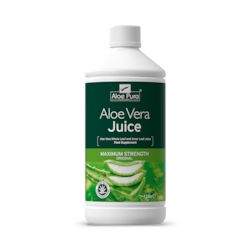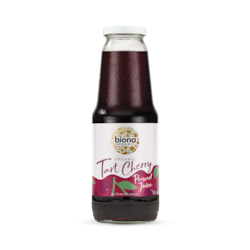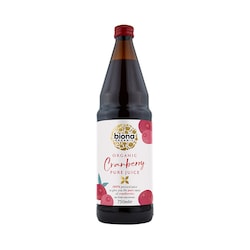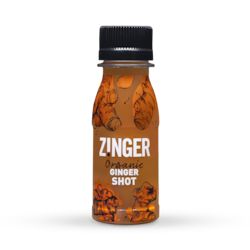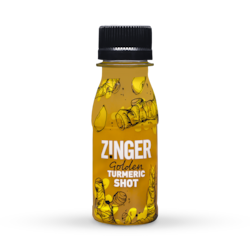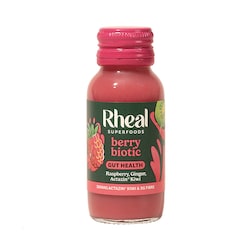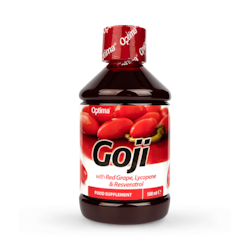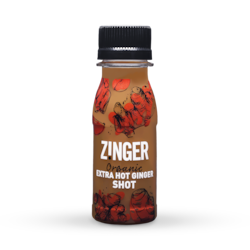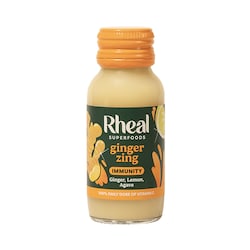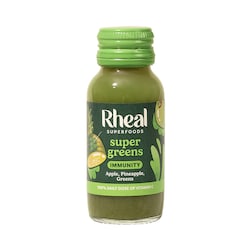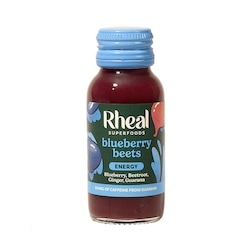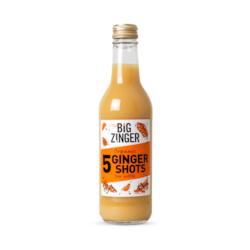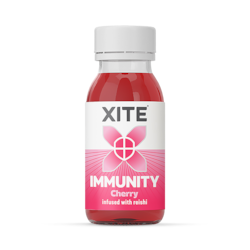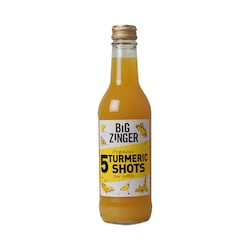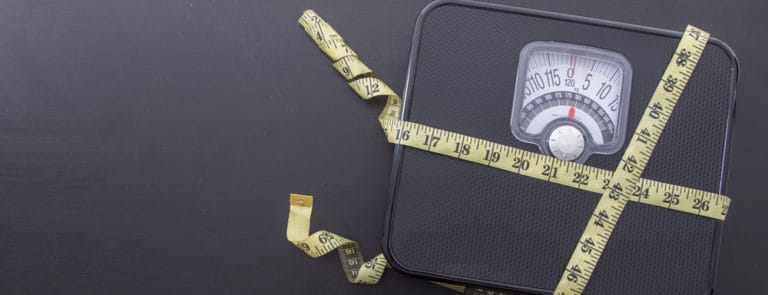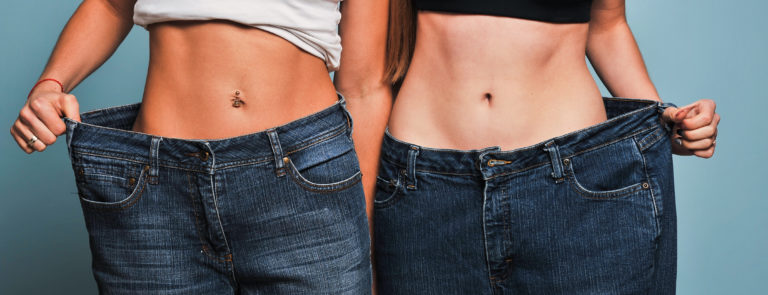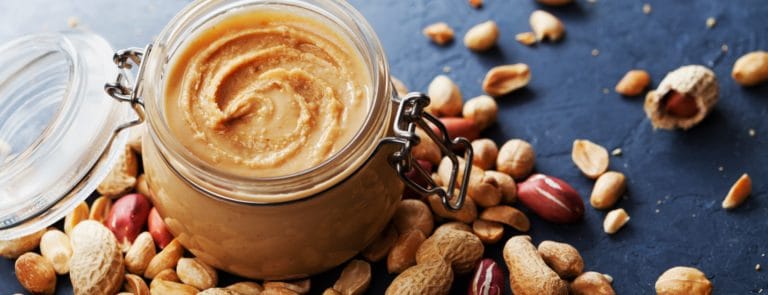20% off £30
How to lower your body fat percentage

While some people talk about wanting to lose weight, what they often mean is that they would like to decrease their body fat percentage.
Sometimes, you will want to replace lost fat with muscle, so your body mass does not change, but your body fat percentage does.
Talking about body fat percentage also helps us to be clear about what our issue is if indeed, we have one.
People come in all sorts of shapes and sizes, with heavier bones and different builds, as well as metabolisms that vary with age and sex.
It helps to keep things objective and non-judgemental by focusing on the amount of body fat that is detrimental to your health. And then working to reduce it as best you can.
Body fat percentage – what do we need?
We do need our body fat.
Fat helps to maintain healthy skin and hair, as well as the right body temperature.
Body fats are necessary for ensuring our cells function correctly.1 Fat also cushions vital organs like the kidneys.2
The deal breaker is in how much we need, and at what point we have too much - to the point where it starts to negatively impact our physical health, our moods, our energy levels, and our ability to sleep.
The ideal body fat percentage in women
Women need more body fat to cushion menstruation and to support the growth of babies.3
They have, on average, 6-11% more body fat that men, as oestrogen reduces women’s ability to burn energy after eating but also makes it easier to convert fat into food.4
For women, 10-13% of their body fat is essential. That is to say, you really do not want to go below this number.
For female athletes, 14-20% is a good amount of fat.
The average woman though, has 25-31%, while an obese woman could be looking at 32% and higher.5
The ideal body fat percentage in men
For men, 2-5% of their body fat is essential.
Athletic men may aim for a body fat percentage of between 6-13%, while the average man has 18-24% body fat.
Obese men who are at risk of health issues have 25% body fat and higher.6
The best way to lose weight
For long-term body fat loss, the two important things to do are to create an exercise routine that you will be able to maintain in the long term and to alter your diet in a way that you will also be able to keep it up well into the future.
Short-term intense dieting can help with quick weight loss, but it will be regained almost straight away if the diet cannot be sustained.
Any exercise you do should include cardiovascular exercise and resistance training.7
Examples of cardiovascular exercise include fast walking, running, cycling, rowing, swimming, treadmill work, using elliptical trainers, and simply going up and down stairs!
Exercises which work your heart and that you can do at home include jumping jacks, jogging in place, jump rope, and squat jumps.
For resistance training, you are looking at things such as weight lifting, lunges, chin ups, push ups, bench presses, and other repeated movements that will strengthen your muscles.
Be sure to work all of your body, and not just focus on your arms, for example.
Fat burning food
While there is no food that technically burns fat, there are foods that can help increase your metabolism, and thereby help to promote weight loss.
Fish such as salmon, herring, sardines, and mackerel contain omega-3 fatty acids which can help you lose some body fat.
Fish is also a great source of protein, as it has almost no unhealthy fat, and its protein will make you feel full for a longer period of time.8
Another great source of protein, eggs work in a similar way.
They are full of vital nutrition and vitamins, and are a great source of protein, without the carbohydrates that tend to contribute more to body fat.
Having eggs for breakfast is perfect for a diet plan, as they are great for reducing hunger, while providing you with much of the nutrition you need.9
Another great option for your health is green tea.
Green tea is a great source of antioxidants that promote fat reduction. Not all green tea is useful for this, but there are many types (ones which have higher levels of EGCG, a type of catechin) that cause fat oxidation.10
If you can drink up to four cups of green tea a day, or take a supplement, you may also be able to increase the amount of calories you burn.
Read more about getting rid of fat in our article ‘A guide to the best fat burners’ on the Health Hub.
Last updated: 17 March 2021
- https://www.healthstatus.com/health_blog/body-fat-calculator-2/body-fat-how-does-it-affect-health/
- https://www.sciencefriday.com/articles/why-we-need-body-fat/
- https://woman.thenest.com/american-council-exercise-body-fat-percentage-16636.html
- https://www.sciencedaily.com/releases/2009/03/090302115755.htm
- https://www.acefitness.org/education-and-resources/lifestyle/blog/112/what-are-the-guidelines-for-percentage-of-body-fat-loss/
- https://www.acefitness.org/education-and-resources/lifestyle/blog/112/what-are-the-guidelines-for-percentage-of-body-fat-loss/
- https://www.acefitness.org/education-and-resources/lifestyle/blog/112/what-are-the-guidelines-for-percentage-of-body-fat-loss/
- https://www.healthline.com/nutrition/12-fat-burning-foods
- https://www.healthline.com/nutrition/12-fat-burning-foods
- https://simplelooseleaf.com/blog/life-with-tea/how-to-choose-tea-with-the-most-egcg/


